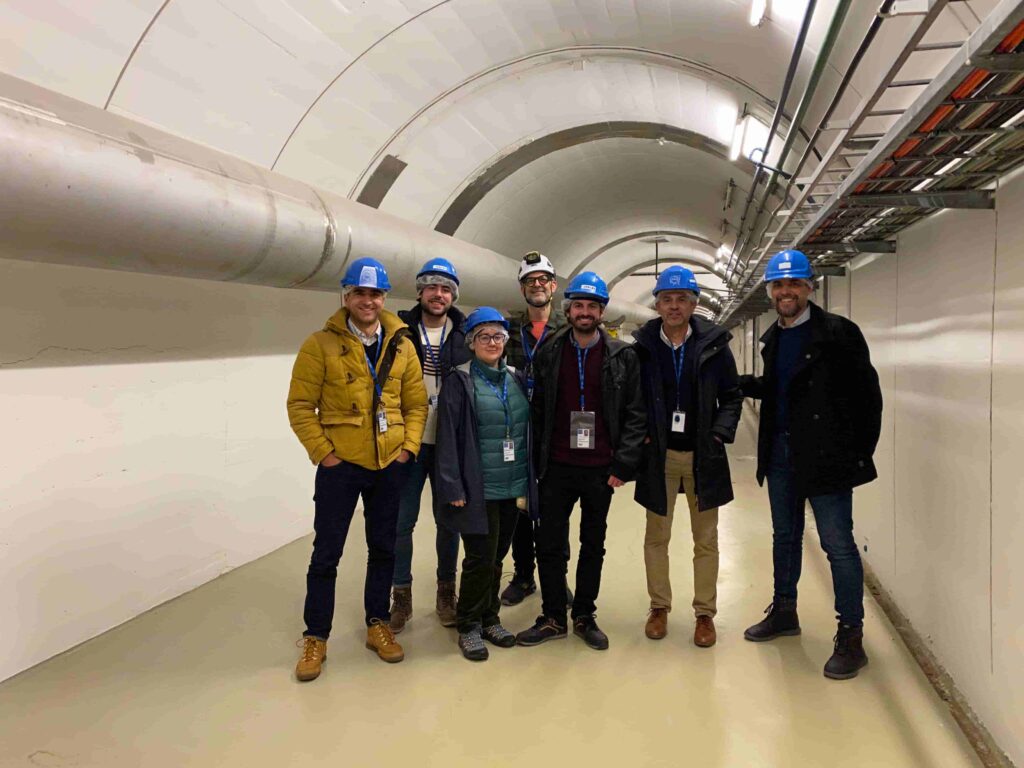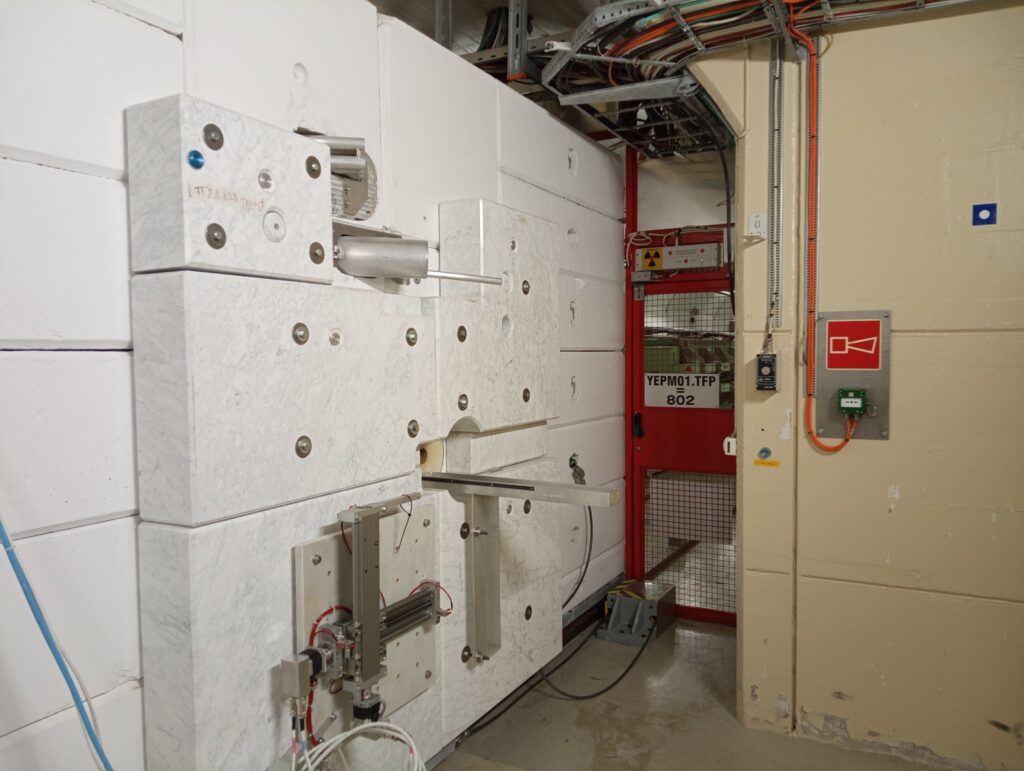Representatives of IFMIF-DONES and the University of Granada visit CERN
Posted on |

IFMIF-DONES team members Santiago Becerril (Test Systems Coordinator) and Claudio Torregrosa (Diagnostics Coordinator) visited the nTOF NEAR facility at CERN on 19 January, together with researchers from the University of Granada (UGR), Alberto Palma, Miguel Ángel Carvajal, Irene Álvarez and Juan Antonio Moreno.
The visit and associated meetings were carried out in the context of the CERN/IFMIF-DONES/UGR Collaboration Agreement launched in early 2023. This Agreement establishes a general collaboration framework for the development of high-power accelerators, as well as associated technologies for their operation. In this last visit in January the general collaboration framework has been formalized in a specific agreement. In particular, the collaboration with the Source Target Interaction Group (STI) of the CERN’s Accelerator Systems Department (SY).
This collaboration is focused on testing critical instrumentation for IFMIF-DONES in the irradiation station of nTOF NEAR at CERN. This station is placed just a few meters from the neutron spallation target nTOF, which receives pulsed proton beams at 26 GeV/c from the Proton Synchrotron Accelerator (PS). The neutrons produced at this nTOF target have a unique high-energy spectrum, and therefore are very useful to develop and validate neutronic instrumentation that will be installed in IFMIF-DONEs, such as SPNDs (Self-Powered-Neutron-Detectors).

Furthermore, this specific collaboration foresees the training of young scientist (PhD students) from the UGR by means of short stays at CERN to support the irradiation campaigns and data processing.
During the visit, different technical aspects of the irradiation were discussed and the NEAR experimental area was visited (currently in Access Mode due to technical stop at CERN). Furthermore, the visit included the CERN’s CHARM experimental area, which is used for irradiation campaigns of electronic components under mixed fields and counts with numerous users both in the particle accelerators and aerospace communities.
The next steps in the specific collaboration include the planning of the experimental campaigns in the coming years, as well as a collaborative work in the development of neutronic calculation models to better characterize the instrumentation. In addition, IFMIF-DONES is working to launch other specific collaborations in other technologies within the Collaboration Framework Agreement CERN/IFMIF-DONES/UGR.

